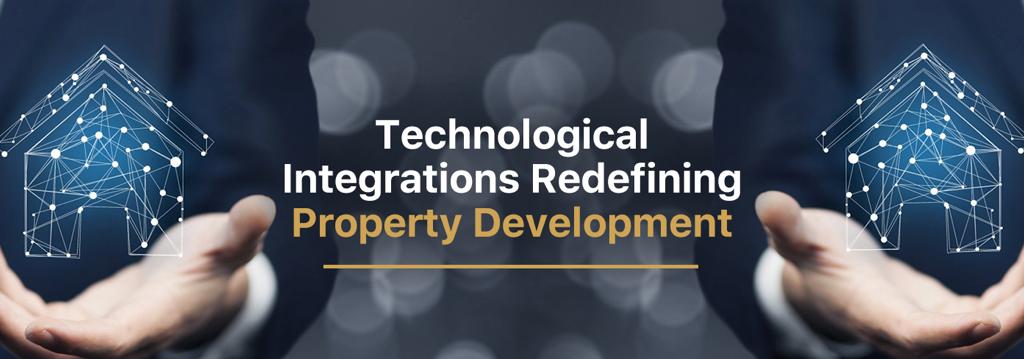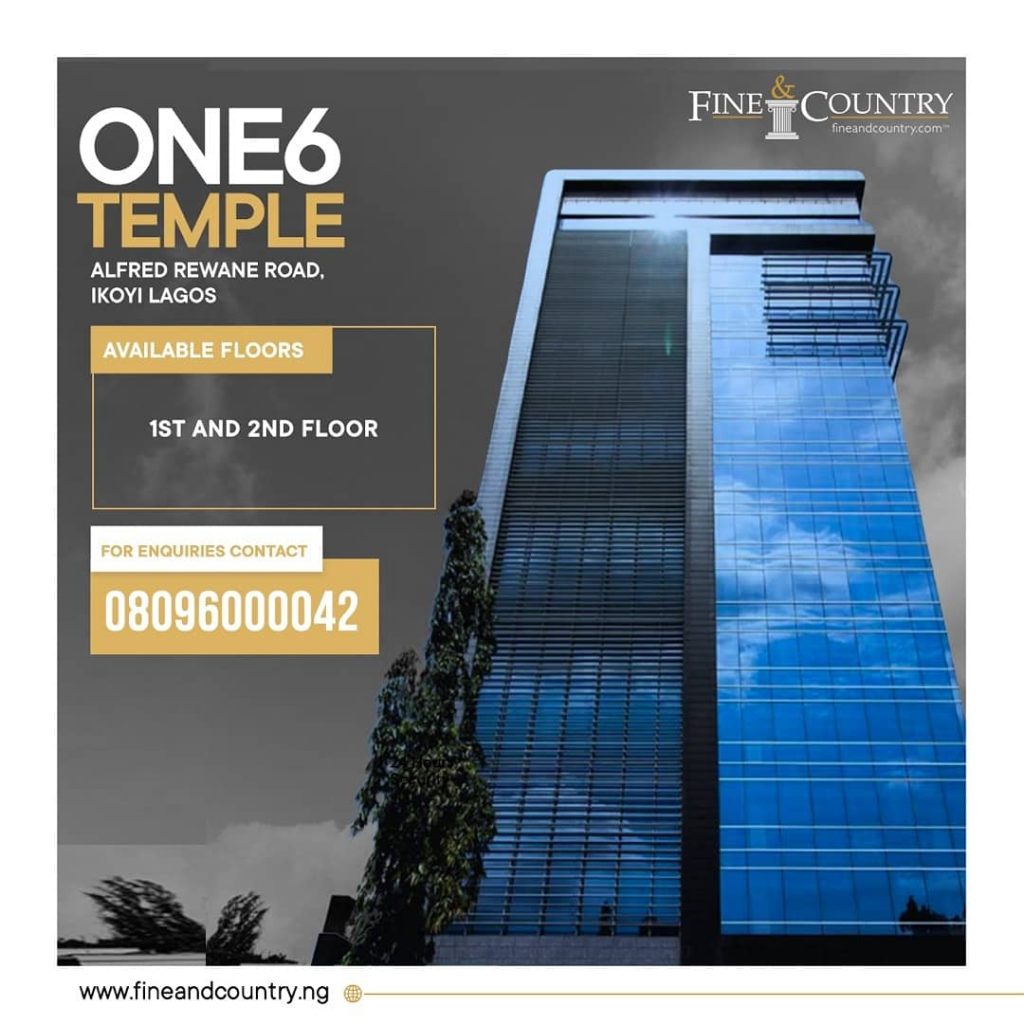Where will the money go next was the key note and topic at the recently concluded Oxford Real Estate Conference at the Said Business School, Oxford University recently.
Pitching African Real Estate.
As an alumni of the Oxford Estate Programme, I was particularly delighted to be reconnecting with some alumni, and our professor, the affable Dr. Andrew Baum author of Global Real Estate who I had a really interesting debate with at last year’s executive real estate programme. I had questioned the over emphasis on corporate real estate (offices and retail mainly) as the main form of profitable real estate investing for institutions. I had also tried extremely hard to draw the class’s attention to emerging opportunities in Africa (especially Nigeria), in the residential and other emerging sectors such as educational, medical, warehousing, localised retail and similar specialised real estate. I even convinced my project team to do our group presentation and allocate the $50 million or so dollars towards setting up a world class educational centre to be located in Eko Atlantic and attracting a top private school such as Harrow or Eton to operate it either under licence or joint venture similar to the models being seen increasingly in some parts of Asia. In addition, we considered an ultra high end specialised retail centre attracting all the international luxury retail brands, to be created along ‘private boulevards’ (never mind we have no such thing yet in Nigeria, although Raymond Njoku with its many niche boutiques appears to be shaping up as a class B potential “boulevardish” destination).
RETURN ON INVESTMENT VERSUS RETURN ON EGO.
At the previous more in depth real estate executive program, we had a stimulating debate about “trophy real estate” and the reason Asians, Russians and other investors appear to be investing in London, and other locations without apparent consideration for real or immediate returns, most times edging out other more traditional and conservative investors. I enjoyed challenging the assumption that all investors were ‘red tied’ fund managers who make decisions purely based on typical technical real estate valuation and investment criteria. Having actively engaged with the top 1% of African Investors in real estate, I had realised that there are other objectives beyond bottom line that drive real estate investment decision making. For Africa, a need to make a difference, to build the future skylines, or to define new landmarks such as the LEED certified Nestoil Office or Civic Centre office Tower, create solutions that solve real developmental problems such as the Eko Atlantic with fixing the ocean surge and damage, or Orange Island in reclaiming land that integrates the communities while providing a new middle class lifestyle community; all these, while profiting in due course.
A similar debate was put to the panel at the 2015 Refined Investor Series by Fine and Country to Mr. Jim Ovia, Chairman of Quantum, Investor/Developers of Civic Centre Office Tower and Mrs. Maryanne Obiejesi, ED Nestoil about what drives investors, “Vision or Ego”. Of course, this was a tongue in cheek question as we didn’t really expect any one to admit upfront that they are driven by ego unless it was one of the Ibo variation.
The truth however, with even a cursory study, is that there is a healthy dose of ego in any kind of business venturing that seeks to challenge the norm or real estate that will define or change landscapes. It takes a measure of personal belief, at a deeper level than most for the Chagouris, the group behind the visionary and gigantic Eko Atlantic, none Nigerian natives, to be so invested in a project that we all agree is a generational one.
Interestingly at the Oxford Conference while speaking on Emerging Markets- BRICs & Mortar: it was agreed that as with all entrepreneurial pursuits, bravery not bravado is what’s required.
SO WHERE WILL THE MONEY GO NEXT?
Various topics were addressed and debated, and of particular relevance was the session on: “Where will the money go next? Interestingly not to Africa, although Cheryl Mills, CEO, BlackIvy Group and Larry English, CEO of Reall, both made a spirited call for investors to become more creative in their view points of real estate risk and look at the growth story in Africa which can not be ignored for much longer. Although the examples focused mainly on Ghana and Tanzania, Cheryl Mills’ presentation was very compelling. Here are a few of the highlights on what she referred to as success factors for investing in sub Saharan Africa.
SUCCESS FACTORS FOR INVESTING IN AFRICA:
- BIG APPETITE BUT START WITH SMALL BITES Africa may have a large appetite but can only eat in small bites. Take on bite size fights. If you are investing in Africa, be ready to invest in smaller doses. E.g. Telecommunications companies changed their outcome when they started selling smaller denominations of pay as you go.
- PASSION. Passion for Africa is critical. Have a lot of humility.
- TRUST & TRANSPARENCY: Relationship is key. Ability to build trust with all stakeholders especially where dealing with communities or government. They want to know how much you care and are willing to give/ invest or if you are merely exploitative.
- IMAGINATION. Ability to use imagination. Dig deep and move from traditional expectations or approach.
- COURAGE & PATIENCE. Be Courageous. Be brave. Be willing to walk away from what goes against your values. Patient capital in Africa must go beyond 7 years. You must make sure you have the right type of capital to win long term.
- LOCAL PARTNERS. Be Willing to work with local partners. But have your own team on ground to communicate your values and be able to pivot when needed.
Finally, you have to be interested in wanting to win for more than the money. In addition to the money, there has to be the sense of having contributed to something that makes a difference to the lives of the country, whether it’s new shopping centres that create jobs, houses with enhanced lifestyle and offices with working environment that attract even better investors, infrastructure that contributes to making sure Africa can become better referred to as “Rapidly Emerging Economies versus Undeveloped ” according to Harvard Professor, Arthur Segel who did an excellent job of laying the foundation for investing in Real Estate as a unique asset class using the Matrix of imperfections, showing that Real estate is the most imperfect of all asset classes and that these imperfections are maximised in emerging markets.
EXCELLENT OPPORTUNITIES. BIG EXECUTION
In Arthur Segel’s words, the stories from African markets are real. Urbanisation is continuing with great increase in population. It’s where the money will be made, not just in Real estate, housing, but innovations of all kinds, technology, telecommunications, power. The risks, we all agreed are also real. Enterprise is equal to bravery. Exit and currency risks are important factors and EXECUTION in Africa is EVERYTHING. This is where the money is to be made but you need to be brave, this is the world you are going into and definitely your children.
So to answer the question, where will the money go? As with Cheryl Mills, I really do believe in the African opportunities, especially Nigeria, Kenya, Ghana, Tanzania. But be prepared. Go in with your eyes open and be prepared for the long term.
Udo Okonjo LL.M (Corporate and Commercial Law)
CEO/Vice Chair Fine and Country West Africa
Member of the Oxford Real Estate Society
Intelligent Real Estate with Udo Okonjo is a bi monthly series published in Businessday newspaper.







